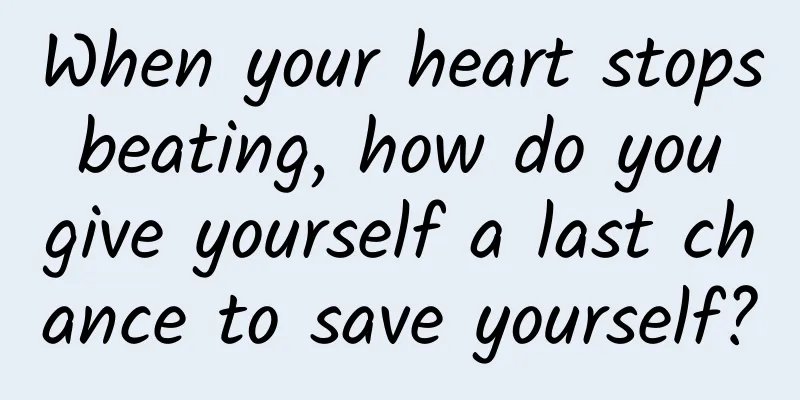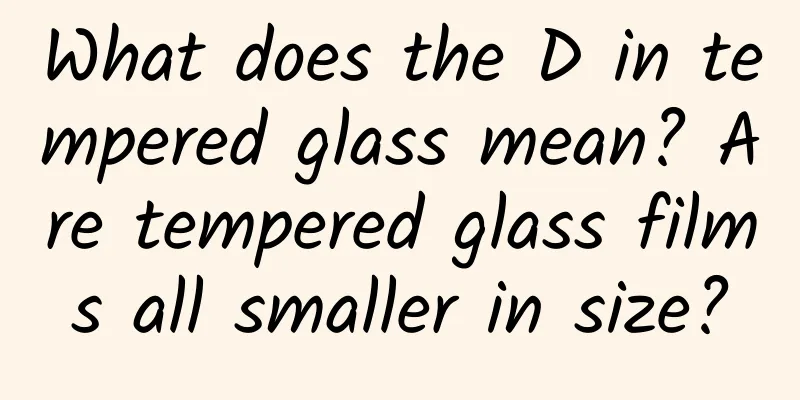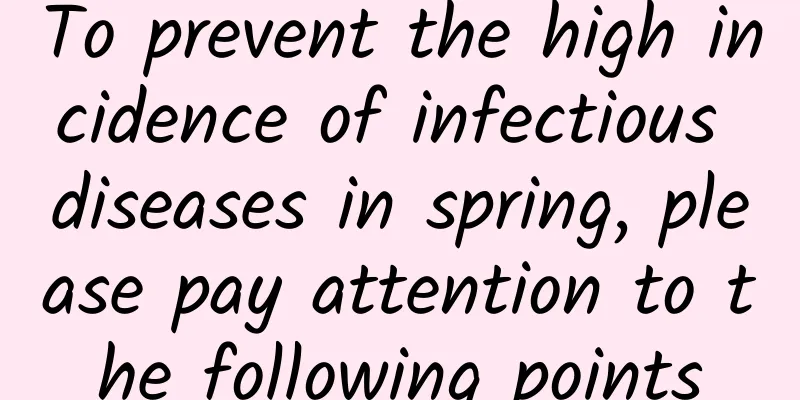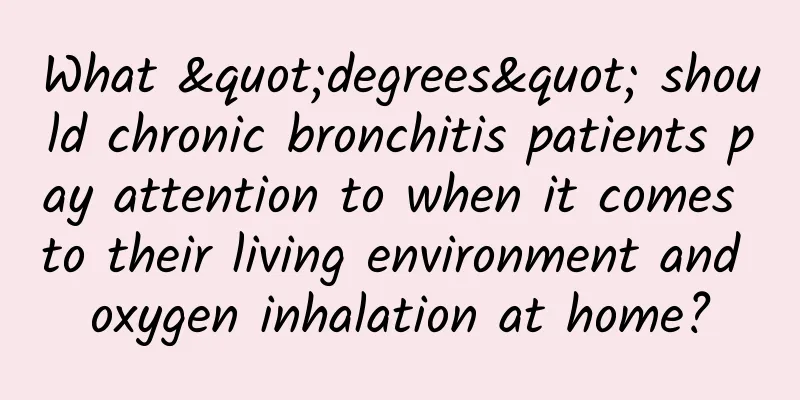When your heart stops beating, how do you give yourself a last chance to save yourself?

|
Nowadays, we often hear about sudden deaths. It is a pity to see those young and promising "successful people" with thriving careers suddenly pass away. As a doctor, I often encounter similar accidents. However, it is often impossible to save the patient. Even if the heart beats again, the brain tissue has been deprived of oxygen for a long time, causing irreversible damage. Even if the patient survives, he or she will most likely be disabled. Related research shows that in most cases, the human brain can tolerate a total oxygen outage of up to 6 minutes. Once this time is exceeded, the brain tissue will be irreversibly damaged. If it exceeds 10 minutes, most brain cells will be damaged. Therefore, we only have 4-6 minutes to rescue. Why is it only 4-6 minutes? This is because even with the magical powers of Sun Wukong, it is impossible to arrive at the scene and perform effective resuscitation in 3 minutes. For example, if a cardiac arrest occurs in a hospital, family members or others discover the situation and report it to the medical staff; the medical staff rush to the scene and determine the situation before they can start rescue. This round trip will waste a lot of time. Therefore, this is also the reason why most people with cardiac arrest cannot receive timely treatment. So, what methods can we use to save ourselves or increase our chances of being successfully rescued? For any disease, early detection and early treatment are important. Even for a cardiac arrest, there is a difference between early and late. Below, let's briefly talk about this aspect: First of all, not everyone suffers from sudden cardiac arrest for no reason. For those who suffer from sudden cardiac arrest, there must be a special reason. Cardiac arrest generally refers to the cessation of heart beating. In medicine, cardiac arrest is considered to have occurred when the heart loses its pumping function or its pumping function is insufficient to support the body's blood circulation needs. When a cardiac arrest occurs, possible causes fall into two main categories: 1. Changes in the basic structure of the heart, such as heart rupture or valve loss. Of course, the heart structure can only be damaged in the case of myocardial infarction or trauma. 2. There is a problem with the heart's conduction system. The heart's conduction system is like a city's power grid. The heart's sinoatrial node is the power plant, and the various branches are like wires. Regardless of the power plant or the wires, as long as there is a problem in one place, there will be a power outage. In fact, the heart beats autonomously, that is, whether you want it to beat or not, the heart will beat on its own. However, the beating of the heart can also be affected by external factors. For example, when a person is excited, his heart rate will increase. The principle is that the conduction system of the heart itself will be affected by other nervous systems of the human body. Because of this, factors such as staying up late and being tired can affect the beating of the heart. It is also because of this that sudden death incidents have occurred frequently in recent years, which are closely related to high-intensity labor or irregular rest. For example, we often see athletes die suddenly, and we also see certain elites pass away suddenly. Since sudden death occurs so frequently and we have so little time to rescue them, do we have no chance of saving ourselves at all? No, as mentioned before: the emphasis should be on “early” in everything. First of all, we need to realize the problem early. For example, people who are overworked should be careful. Especially, those who stay up late. Staying up late is extremely harmful to the human autonomic nervous system. These people should regard themselves as dangerous objects. Once the body is abnormal, seek medical treatment in time and do not take it lightly! Secondly, we need to recognize it early. Nothing happens without reason or without signs. It’s just that the signs are not obvious or fleeting. The same is true for cardiac arrest. Before cardiac arrest, there will generally be changes in heart rhythm or premature beats. And when these situations occur, without exception, there will be discomfort. When you feel that your heart is beating abnormally, be alert immediately! Of course, there are two types of people who are insensitive: the first type is those who are carefree and always able to bear it; the second type is people with diabetes. Because diabetes damages nerve endings, the feeling of the heart will be greatly reduced. If you find yourself in cardiac arrest, you should save yourself as soon as possible. Regarding this point, we particularly emphasize that theoretically you may only have 10 seconds left. Just imagine what you can do in such a short time. Maybe you can only do one action. Among various actions, calling is the first choice. However, even if the other party answers the phone quickly, it still takes 2-3 seconds. Therefore, once the call is connected, you should quickly shout "help me". After that, quickly tell your location. Remember to call 120 or 110. If you don't have a phone, you can only save yourself. If you have a quick-acting heart-saving pill, take it sublingually immediately. However, once the heart stops, the circulation stops immediately. Therefore, even if the drug is contained, it enters the blood through the sublingual vein. However, without blood flow, the probability of taking effect is relatively small. As doctors, when we are rescuing a patient with cardiac arrest, we usually use our fists to hammer the heart. Related research shows that this kind of hammering may make the heart beat again. Therefore, the best way to save yourself is to take quick-acting heart-saving pills and hammer the heart area. In theory, and scientifically proven, it is recommended to only hit the heart once when rescuing a cardiac arrest. More hammering may not be effective. However, if there are no other self-help methods, you can also hit the heart several times. At the same time, you should lie down flat, which will help prolong the time the brain loses consciousness, increase the afterload of the heart, and increase the blood supply to the heart. So, how do we know if we have suffered a cardiac arrest? We can't just call 120 or perform a cardiac arrest if we feel a little uncomfortable, right? Confirming cardiac arrest mainly involves confirming whether the heart still has the ability to pump blood. If the heart's pumping function is normal, the radial artery will definitely pulsate if the radial artery and its affiliated arteries are normal. Feeling the radial artery pulsation is where we often feel the pulse. Of course, if you have some medical knowledge, you can also touch the carotid artery or temporal artery. These arteries will help you quickly determine whether the heart is pumping blood normally. A normal human heart rate is more than 60 beats per minute. In other words, there is at least one heartbeat every second. Therefore, when the pulse or other arteries are not pulsating for 2-3 seconds, it can be determined that cardiac arrest has occurred. Once you think you have cardiac arrest, call immediately or take medicine, hammer, and lie down. |
<<: What fruits are suitable for people with high blood sugar? Can insomnia cause high blood sugar?
Recommend
What causes bad breath? The best way to treat bad breath and what to eat to relieve it
People often say that bad breath is a spiritual s...
What to do if there is no fetal heartbeat at 65 days of pregnancy
The gestational sac is the initial shape of a wom...
Why can't you wash your hair during menstruation?
Many female friends may ask why they cannot wash ...
Dietary considerations for menopausal women
Female friends generally experience a series of m...
Can pregnant women eat kelp?
The nutritional value of kelp is very high. It is...
The process of inserting the contraceptive ring
Most people do not understand the contraceptive r...
What happens if I wash my hair during my period?
Everyone knows that washing your hair during mens...
What to do if you have itchy athlete's foot after pregnancy
Athlete's foot is a disease that can have a g...
Thickness of lining of the vagina on the tenth day of menstruation
A woman's body will undergo significant chang...
Girls have pain in the lower right corner of their stomach
There are many reasons for the pain in the right ...
What nutrients are there in eating water celery? Nutritional value of water celery
Water celery contains iron, potassium, zinc and o...
Why can you tell at a glance that you are allergic? Uncover where the doctor's "sixth sense" comes from!
"Why can I tell you are allergic at a glance...
Reasons for decreased immunity in women
People with strong immunity are not born with it,...
What to do if you feel nauseous and want to vomit during pregnancy
To date, no one knows the exact cause of pregnanc...
Can I do a paternity test if I am one month pregnant?
For a woman who is pregnant soon, it is very sad ...









